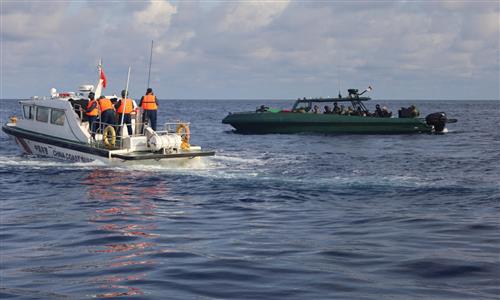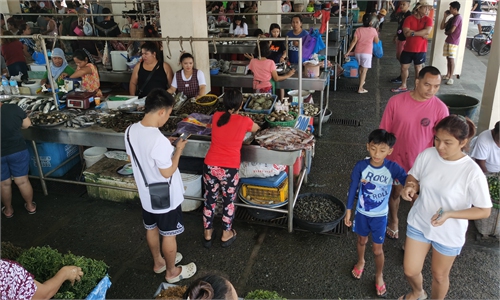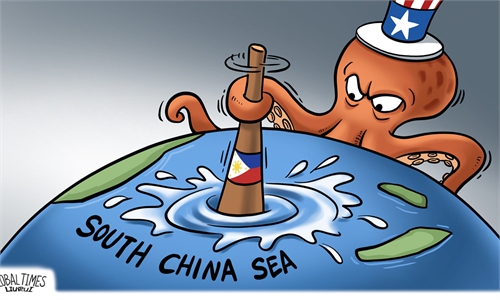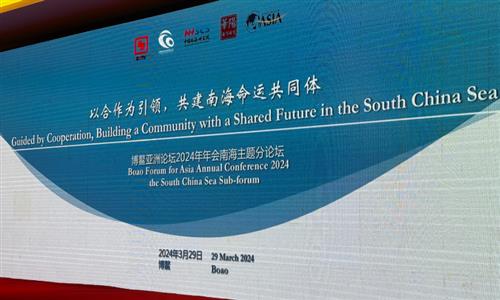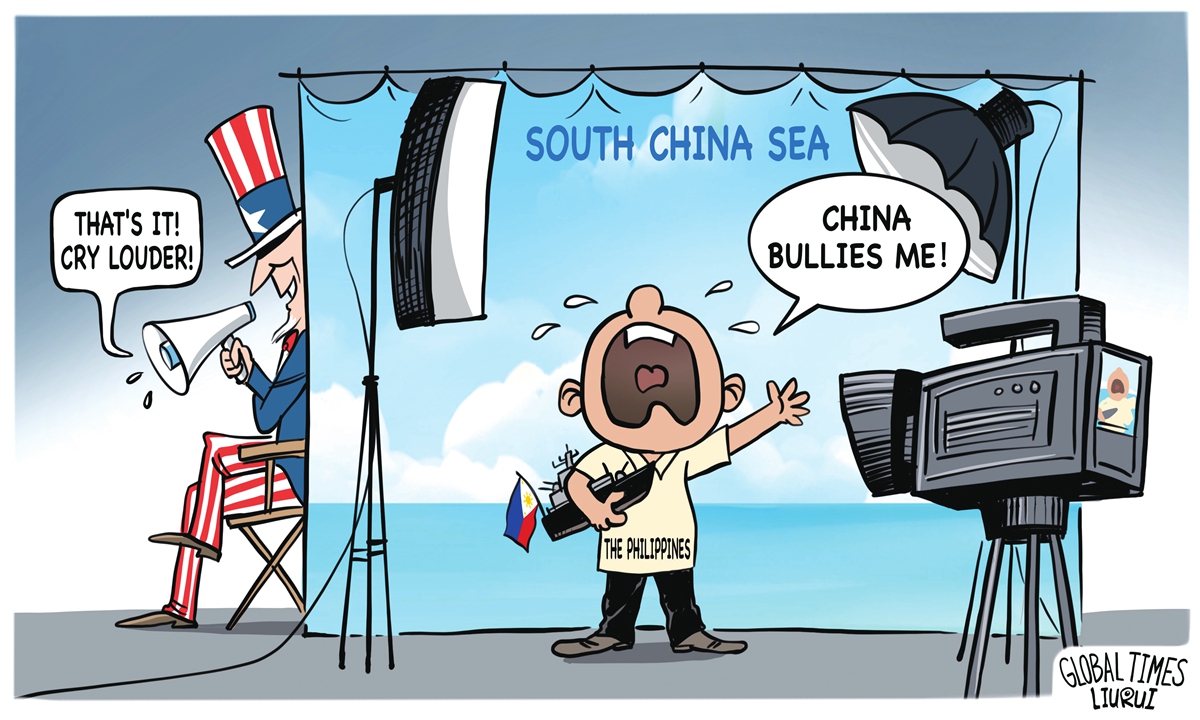Have you heard of the Commissioner of Buildings (COB)? Maybe it’s whispered about in your apartment complex at night — "be sure to pay your maintenance fees, or the Commissioner of Buildings will get you".
Don’t worry, it’s not as scary as that! The COB is actually a valuable part of effective facility management, and that’s particularly important when you live in a large stratified property.
So, let’s dispel the myths and get down to the truth. Here’s everything you need to know about the Commissioner of Building in Malaysia, and why that’s important to you as a property owner.
Understanding The Commissioner Of Buildings
The Commissioner of Buildings is essentially an enforcement officer designed to police the rules and regulations of the Strata Management Act 2013 (SMA). This Act is the framework of regulation, which ensures stratified properties are managed and maintained in an effective and fair manner.
It’s the set of rules that lays out the rights and obligations of every single stratified property owner in Malaysia, as well as other relevant parties, such as management bodies and developers.
A COB will only ever be appointed to oversee stratified properties such as apartments, condos, or flats, so you don’t have to worry about someone turning up at your bungalow looking to enforce any rules! So, for example: the Commissioner of Buildings Selangor will have separate agents appointed by, and responsible for, municipal councils from
Subang Jaya,
Petaling Jaya,
Kajang, and so on.
The COB is empowered to investigate and adjudicate on breaches of the SMA, providing a neutral third-party that ensures all rules are fairly applied to everyone involved. Basically, they’re kind of like the sheriff of building management.
A Commissioner of Buildings’ role isn’t just about punishing people though. It’s designed to ensure proper management and upkeep of stratified property is maintained for the benefit of all.
To ensure maintenance of joint property is implemented, based on the law and procedures, for creating harmony in life sharing joint property for the development of elevated [buildings].
What Does The Commissioner Of Buildings Do?
Like we’ve highlighted above, the Commissioner of Buildings enforces the rules laid out in the Strata Management Act 2013. But what does that really cover?
It’s not just maintenance fees and sinking funds like you might think. There are six main functions of the Department of Building Commissioner, as noted by the Klang COB:
- Conducting inventory on buildings within the relevant local area.
- Ensure the establishment of a Joint Management Body (JMB) for development involving stratified planning.
- Resolving any dispute between the developer and the purchaser relating to the establishment of the JMB and account maintenance.
- Monitor the action of a developer in addressing repair defects.
- Enforce the law stipulated in the Strata Management Act (Act 757) 2013 and the Strata Management Act 2013 (Act 757).
- Provide periodic learning about administrative management, audited accounts, financial provisions and other various topics related to the management of JMB/MC.
The Commissioner of Buildings is entitled to a range of powers in order to fulfill the obligations highlighted above.
They include, but are not limited to, access to accounts of management boards and developers for the purpose of auditing.
That means all decisions made by the COB should be informed by the latest financial information to ensure appropriate oversight.
The COB can also step in and appoint an individual to assemble meetings in order to meet the obligations of building management, or order the MC itself to hold an extraordinary general meeting (EGM) if required.
Commissioner of Buildings, or authorised personnel designated by the COB, may access a property for the purpose of carrying out essential repairs at any time.
The COB also has power to prosecute any individuals who fail to meet their payment obligations such as management or maintenance fees, and adjudicate on any dispute around payment of such fees.
Is The COB Always Right?
It might sound like the COB is some sort of all-powerful overseer of strata property management, but that doesn’t mean they’re not also held accountable.
The COB is answerable to the Strata Management Tribunal. On top of that, the rulings of the COB are ultimately answerable to legal processes in the courts, and challenges to COB decisions can be brought in via this way.
In one example from 2010, a Management Corporation (MC) for a development in Penang challenged the COB in the High Court over a ruling that only unit owners could be elected as council members of stratified property management corporations. The COB ruling, and the following appeal, were later upheld. The COB isn’t always in the right, however.
In 2013, the COB ruled on a case whereby a developer owed a JMB for a shortfall of RM500,000 in overdue maintenance funds. The JMB referred the matter to the COB, who ruled that the sum was owed by the developer to the JMB. A court ruling later dismissed this, citing lack of jurisdiction in this matter by the COB.
What’s The Difference Between COB And Strata Management Tribunal?
The Strata Management Tribunal is another legally recognised body, which, like the Commissioner of Buildings, provides a vital service in overseeing stratified properties.
While the COB is concerned with the general needs and enforcement of building maintenance and management, the SMT is a body which exclusively deals with resolving disputes. There are some subtle differences however, that should be recognised.
Ultimately, the COB is answerable to the SMT, since it’s the empowered legal authority for overseeing the implementation of the full Strata Management Act 2013. The Strata Management Tribunal is limited to claims brought by the following parties:
- Developer
- Purchaser
- Proprietor
- Joint Management Body (JMB)
- Management Corporation (MC)
- Subsidiary Management Company (SMC)
- Managing agent
- Relevant parties (Special permission granted by Tribunal)
The SMT is designed to provide an affordable and accessible dispute resolution body for problems of stratified ownership. There’s no legal representation required, except in extremely complex cases where it’s deemed that one party may be disadvantaged by lack of representation.
The critical point to understand about the SMT in relation to the COB is that the SMT will only hear claims covering financial costs up to a maximum RM250,000.
Any cases over that amount, such as the 2013 disputed claim noted above, are outside that scope. You can find out more about the full details of the Strata Management Tribunal here. Breaking down the difference between SMT and COB in the most simple way possible – the Commissioner of Buildings is the sheriff and the enforcer, the Strata Management Tribunal is the judge(s) who oversee application of the law.
These are all important measures to ensure all stratified properties don’t end up becoming like the Wild Wild West of property management!
Relevant Guides:
Disclaimer: The information is provided for general information only. PropertyGuru International (Malaysia) Sdn Bhd makes no representations or warranties in relation to the information, including but not limited to any representation or warranty as to the fitness for any particular purpose of the information to the fullest extent permitted by law. While every effort has been made to ensure that the information provided in this article is accurate, reliable, and complete as of the time of writing, the information provided in this article should not be relied upon to make any financial, investment, real estate or legal decisions. Additionally, the information should not substitute advice from a trained professional who can take into account your personal facts and circumstances, and we accept no liability if you use the information to form decisions.
Related posts:
Weed out the problematic, errant, incompetent officers early











